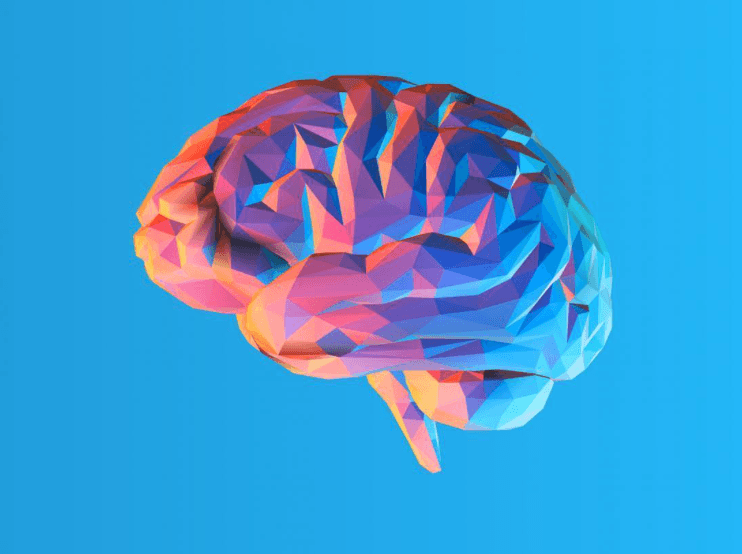Hypnotherapy is an intriguing and powerful technique that taps into the potential of the human mind. Many individuals often ponder the question, “How does hypnotherapy work?”
In this article, we will delve into the mechanics of hypnotherapy, exploring the science behind this effective therapeutic approach.
Understanding Hypnotherapy:
Hypnotherapy is a complementary therapy that combines hypnosis with elements of psychotherapy. Its primary objective is to assist individuals in overcoming various challenges, such as anxiety, phobias, smoking addiction, weight management, and more.
By inducing a state of deep relaxation and focused attention, hypnotherapy enables therapists to guide individuals into their subconscious minds, where profound changes can occur.
What is Hypnotherapy Used For?
Hypnotherapy is a versatile therapeutic approach that can address a range of issues. Some common subcategories include:
- Overcoming Phobias and Anxiety: Hypnotherapy can be highly effective in treating phobias and anxiety disorders. By accessing the subconscious mind, hypnotherapy helps individuals reframe their fear responses and develop coping mechanisms to manage anxiety-inducing situations.
- Quit Smoking: Hypnotherapy has shown promise in helping individuals quit smoking. By targeting the subconscious mind and addressing the underlying psychological factors driving the addiction, hypnotherapy aims to break the habit and promote a smoke-free lifestyle.
- Weight Management and Binge Eating: Hypnotherapy offers a holistic approach to weight management, including addressing binge eating behaviours. By exploring the emotional and psychological factors contributing to overeating, hypnotherapy helps individuals develop healthier relationships with food, improve self-image, and adopt sustainable eating habits.
- Stress Reduction and Relaxation: Hypnotherapy techniques can induce deep relaxation, making it an effective tool for stress reduction. By accessing the subconscious mind, hypnotherapy helps individuals reframe stress triggers, develop relaxation strategies, and promote overall well-being.
- Pain Management: Hypnotherapy has been used to alleviate chronic pain by promoting relaxation and altering perceptions of pain. By harnessing the power of the mind, individuals can learn to manage pain more effectively and improve their quality of life.
It’s important to note that hypnotherapy is a versatile therapy, and these subcategories are just a few examples of its applications. Hypnotherapy can be customized to address individual needs and goals, making it a valuable tool in various areas of personal development and mental health.
The Power of the Subconscious Mind:
The subconscious mind plays a crucial role in hypnotherapy. It stores beliefs, emotions, memories, and automatic behaviours. Unlike the conscious mind, which is analytical and logical, the subconscious mind operates on a more instinctive and emotional level.
Hypnotherapy works by accessing the subconscious mind to identify and modify negative patterns, thoughts, and behaviors that may be causing distress.
The Process of Hypnotherapy:
During a hypnotherapy session, individuals are guided into a state of deep relaxation. This trance-like state allows the mind to become more receptive to positive suggestions and therapeutic interventions.
Contrary to common misconceptions, individuals under hypnosis retain full control over their actions and thoughts. Hypnotherapists act as facilitators, guiding the process while respecting the individuals’ autonomy.
Utilising Suggestion and Visualisation:
Once individuals are in a hypnotic state, hypnotherapists employ suggestion and visualisation techniques to bring about positive change. Suggestions are carefully crafted statements that help reframe negative thoughts and promote healthier beliefs and behaviours.
Visualisation involves creating vivid mental imagery to enhance the therapeutic experience. These techniques work together synergistically, influencing the subconscious mind and facilitating lasting change.
The Role of the Therapist:
The expertise of a skilled hypnotherapist is crucial for the success of hypnotherapy. They possess a deep understanding of the human mind and are trained to customize sessions according to individuals’ specific needs. Establishing rapport and trust, they create a safe and non-judgmental environment. Through active listening, empathy, and expertise, hypnotherapists guide individuals towards self-discovery and transformation.
Benefits of Hypnotherapy:
Hypnotherapy offers a wide range of benefits. It can help individuals reduce stress and anxiety, alleviate chronic pain, overcome phobias, improve sleep quality, and boost self-confidence. Additionally, hypnotherapy has proven effective in breaking unwanted habits, such as smoking or overeating, by addressing the underlying psychological factors contributing to these behaviors.
In a Nutshell
In conclusion, hypnotherapy is a powerful therapeutic approach that taps into the potential of the subconscious mind. By accessing this deeper level of awareness, individuals can address negative patterns, thoughts, and behaviours, fostering positive change and personal growth. If you’re considering hypnotherapy, it is essential to consult a qualified and experienced hypnotherapist who can guide you on your journey towards healing and transformation.
For further research and understanding, you can refer to a comprehensive study conducted by the Stanford University School of Medicine titled “Transformation: Hypnosis in Brain and Body” This study provides valuable insights into the mechanisms and effectiveness of hypnotherapy in various applications.
External reference: Special Article by David Spiegel, M.D. (TRANCEFORMATIONS: HYPNOSIS IN BRAIN AND BODY)
Written by:
Sandy Wong
Senior Therapists | MIHH








